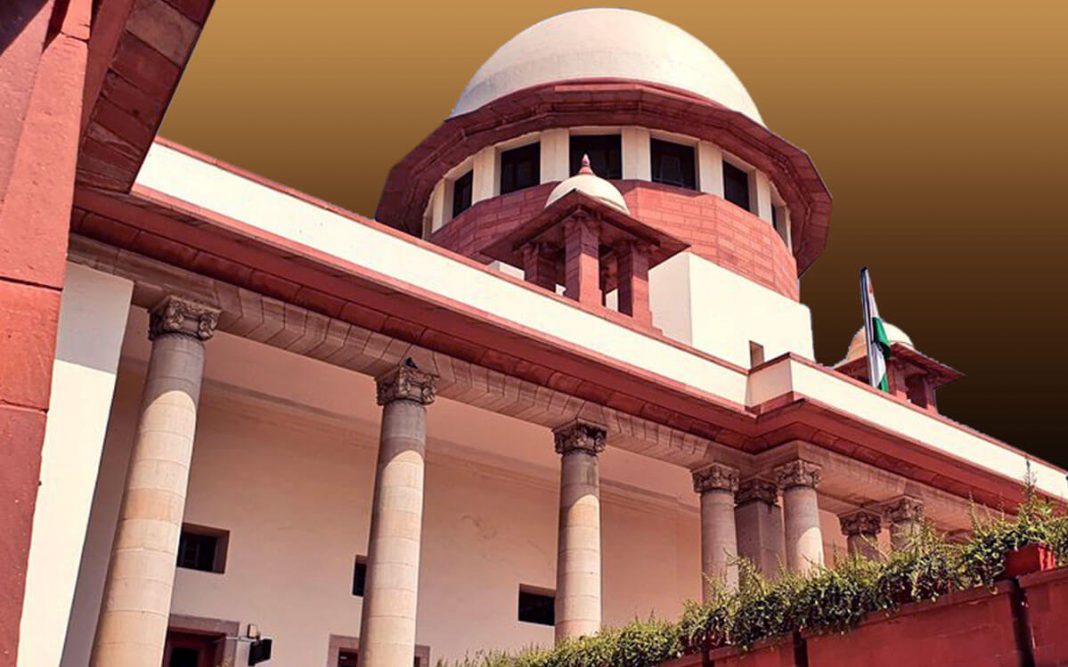The Union Government told the Supreme Court that though the power is vested with the Central Government to notify minorities , the stand to be formulated by the Central Government with regard to issues raised in the group of petitions will be finalized after having a wide consultation with the State Governments and other stakeholders.
According to the affidavit filed by the Supreme Court , above will ensure that the Central Government is able to place a considered view before the Apex Court taking into consideration several sociological and other aspects obviating any unintended complications in future with regard to such a vital issue.
The affidavit is in supersession of the earlier affidavit dated 28.03.2022 filed on behalf of the states . After filing of the Affidavit , the Central Government undertook a detailed intra – ministerial discussion based upon which it is decided to file the Affidavit in supersession of the earlier Affidavit .
At the outset it is stated that the National Commission for Minorities Educational Institutions Act, 2004 ( NCMEI Act, 2004 ) is an Act passed by Parliament and under Section 2 (f ) of the NCMEI Act, 2004 – Minority for the purpose of the Act , means a community notified as such by the Central Govt. Likewise , under section 2 ( c ) of the National Commission for Minorities Act 1992 ( NCM Act , 1992 ) minority has been defined as a community notified as such by the Central Government .
Also Read: Retiring Supreme Court judge Vineet Saran gets a warm farewell
The Union informed that the Central Government has notified 6 communities as Minority Communities under section 2 (c) of the National Commission for Minorities Act 1992. The 06 Minority Communities notified by the Central Government under Section 2 (c) of the NCM Act, 1992 have also been adopted for the purpose of section 2 (f) of the NCMEI Act, 2004.
It is submitted that the question involved in this writ petitions has far reaching ramifications throughout the country and, therefore, any stand taken without detailed deliberations with the stakeholders may result in an unintended complication for the country.
Today during the hearing , on the change in the government’s reply on the matter of giving minority status to Hindus, Justice Kaul said that the government is not able to decide what it wants to do? The Center should have been given this stand earlier. Changing the reply in this way creates uncertainty. You decide what to do?
Commenting on the Center request for a pass over on the matter, Justice Kaul listed the matter at the end of the board for hearing.
The affidavit was filed in response to a petition by BJP leader and Advocate Ashwini Kumar Upadhyay, seeking a declaration that the followers of these faiths can establish and administer educational institutions of their choice in these places in the spirit of the TMA Pai ruling. The plea further sought a declaration that Section 2(f) of the National Commission for Minority Education Institution Act 2004, is arbitrary, irrational and offends Articles 14, 15, 21, 29 and 30 of the Constitution since it confers unbridled powers on the central government to declare a community as “minority”.
The government on March 28 apprised the Supreme Court that the followers of Hinduism, Judaism and Bahai, who are minorities in certain states, can be declared as such by the concerned state government.


